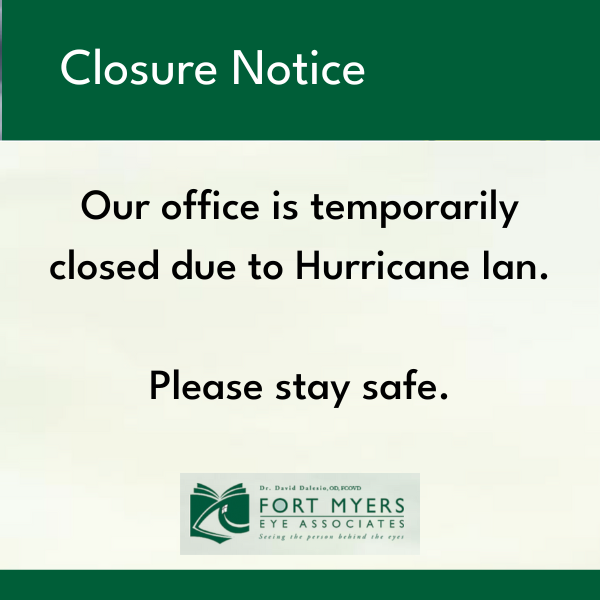A common issue that parents and educators face is determining whether a child is struggling with convergence insufficiency or whether they have a learning disability. Both conditions can cause difficulties with reading, writing, and other academic tasks, but the underlying causes and treatment approaches differ.
The main difference between convergence insufficiency and a learning disability is the underlying cause. Convergence insufficiency is a vision disorder that affects the eyes’ ability to work together and can be treated with vision therapy, while a learning disability is a neurological disorder that affects how the brain processes information. One way to determine whether a child has convergence insufficiency is by scheduling regular eye exams.
Understanding Convergence Insufficiency
Convergence insufficiency (CI) is a vision disorder that affects how well the eyes work together. Normally, when we look at an object up close, our eyes turn inward to focus on it. However, for children with CI, this process isn’t easy or smooth. The result is symptoms such as:
- Eye strain or fatigue when reading
- Headaches
- Blurred or double vision
- Difficulty concentrating while reading or doing close work
CI can make it challenging for children to read and write, as their eyes may have difficulty focusing on the page and tracking words. This can lead to a range of academic struggles, from slow reading speed to poor comprehension.
Identifying a Learning Disability
Learning disabilities (LDs) are neurological disorders that affect how the brain receives, organizes, and communicates information. Children with LDs may struggle with specific skills such as reading, writing, math, or paying attention. Some common signs of a learning disability include:
- Difficulty understanding spoken or written language
- Trouble with organization and time management
- Poor memory skills
- Challenges with following directions or multi-step tasks
It’s important to note that having a learning disability does not indicate intelligence level. Many children with LDs have average to above-average intelligence, but their brains process information differently, making it difficult for them to learn in traditional ways.

Treatment Options
The treatment approaches for convergence insufficiency and learning disabilities differ due to the underlying causes. For CI, vision therapy is the most effective treatment method. Vision therapy involves a series of eye exercises and activities designed to improve the coordination and strength of the eyes. In some cases, glasses or special lenses may also be prescribed to help with focusing.
For learning disabilities, individualized education plans (IEPs) are typically created to provide specific accommodations and interventions for students. This can include specialized instruction, tutoring, assistive technology, and accommodations in the classroom such as extended time on assignments or tests.
Supporting Children With CI & LDs
Children with convergence insufficiency or a learning disability may face challenges both academically and socially. As parents, teachers, and caregivers, it’s important for us to provide support and understanding to help them thrive.
- Communicate with your child’s doctor or eye care professional to understand their needs and any necessary accommodations.
- Educate yourself on your child’s specific learning disability or vision disorder. This will allow you to better support them and advocate for their needs.
- Encourage open communication with your child, allowing them to express their struggles and feelings without judgment.
- Celebrate their strengths and successes, helping them boost their self-esteem and confidence.
Overall, it’s important to be patient, understanding, and supportive of children with convergence insufficiency or learning disabilities. With proper treatment and support, they can reach their full potential and overcome any challenges they may face.
The Importance of Regular Eye Exams for Children
Regular eye exams are essential for all children, but they’re especially important for those with convergence insufficiency or learning disabilities. Eye exams can help identify and diagnose any vision issues that may be impacting a child’s academic or social abilities.
It’s recommended that children have their first comprehensive eye exam at 6 months of age, then again at 3 years old and before starting school. After that, it’s suggested that children have an eye exam every year or as recommended by a doctor.
Early detection and treatment of vision disorders can greatly improve a child’s quality of life and success in school. If you suspect your child might have a vision issue, don’t hesitate to schedule an eye exam with a qualified eye care professional. With proper treatment and support, children can thrive and reach their full potential. So, regular eye exams are crucial for both the physical and academic well-being of children.
Keep Your Child’s Vision Healthy With Fort Myers Eyes Associate
Convergence insufficiency and learning disabilities can greatly impact a child’s academic success and quality of life. However, with early detection, proper treatment, and ongoing support from parents, teachers, and medical professionals, children with these conditions can still excel both in school and in life.
At Fort Myers Eyes Associates, we understand the importance of regular eye exams for children, and we are happy to provide comprehensive eye care services to help identify and treat any vision disorders. Contact us today to schedule an appointment for your child and ensure their eyes are healthy and functioning at their best.





